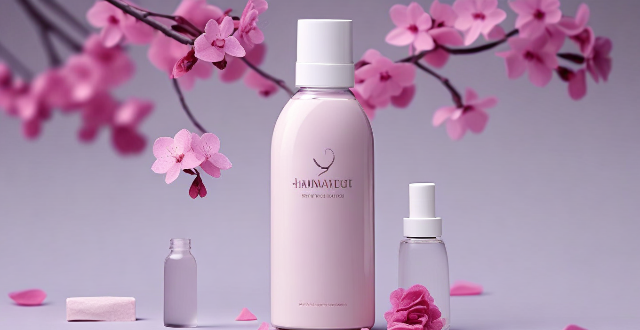Fragrances in cosmetics can be harmful to health due to potential risks such as allergic reactions, endocrine disruption, respiratory problems, and neurological effects. To minimize these risks, it is recommended to choose natural fragrances, avoid heavily scented products, read labels carefully, and perform patch tests before use.

Can Fragrances in Cosmetics be Harmful to Our Health?
Fragrances are widely used in cosmetics and personal care products to enhance the sensory experience. However, there is a growing concern about the potential health risks associated with these fragrances. In this article, we will discuss whether fragrances in cosmetics can be harmful to our health.
What are Fragrances?
Fragrances are compounds that give a pleasant smell to cosmetics and other consumer products. They can be natural or synthetic, and their purpose is to mask unpleasant odors or add a specific scent to a product. Fragrances are found in various products, including perfumes, lotions, shampoos, soaps, and even cleaning agents.
Potential Health Risks of Fragrances
While fragrances are generally recognized as safe when used at low concentrations, they can pose health risks under certain conditions. Here are some potential health concerns associated with fragrances in cosmetics:
* Allergic Reactions: Some people may develop allergic reactions to certain fragrances. Symptoms can range from mild skin irritation and redness to severe rashes and swelling. In extreme cases, anaphylaxis (a life-threatening allergic reaction) can occur.
* Endocrine Disruption: Some fragrances have been identified as endocrine disruptors, meaning they can interfere with the body's hormone system. This disruption can lead to various health problems, including reproductive issues, developmental disorders, and even cancer.
* Respiratory Problems: Exposure to certain fragrances can trigger respiratory problems such as asthma attacks or allergic rhinitis (hay fever). People with pre-existing respiratory conditions should be particularly cautious when using products containing strong fragrances.
* Neurological Effects: Some studies suggest that exposure to certain fragrances can have neurological effects, such as headaches, dizziness, and nausea. In rare cases, prolonged exposure to high levels of fragrances can cause more serious neurological damage.
* Environmental Concerns: The production and disposal of synthetic fragrances can have negative environmental impacts. These chemicals can accumulate in waterways and harm aquatic life, contributing to pollution and ecosystem disruption.
How to Minimize Risks
To minimize the potential health risks associated with fragrances in cosmetics, you can take the following steps:
* Choose Natural Fragrances: Look for products that contain natural fragrances derived from essential oils rather than synthetic chemicals. Natural fragrances are generally considered safer and less likely to cause adverse health effects.
* Avoid Heavily Fragranced Products: If you have sensitive skin or respiratory issues, it's best to avoid heavily fragranced products altogether. Instead, opt for unscented or lightly scented alternatives.
* Read Labels Carefully: Check the labels of cosmetics and personal care products for any potential allergens or harmful ingredients. If you're unsure about a particular ingredient, do some research or consult with a healthcare professional.
* Patch Test Before Use: Before using a new product, perform a patch test on a small area of your skin to check for any allergic reactions or irritation. This simple step can help you avoid unnecessary health risks.
In conclusion, while fragrances in cosmetics can provide a pleasant sensory experience, they also come with potential health risks. By being mindful of the types of fragrances you use and taking necessary precautions, you can minimize these risks and enjoy the benefits of fragranced products safely.